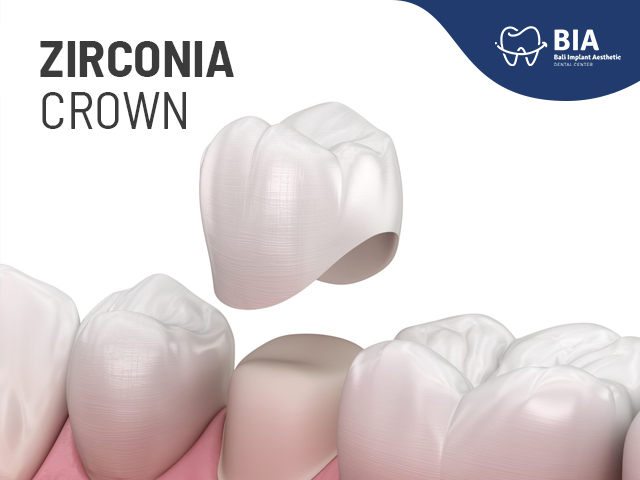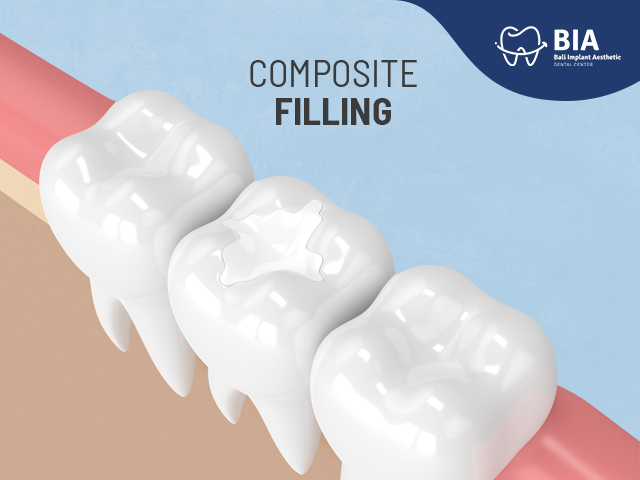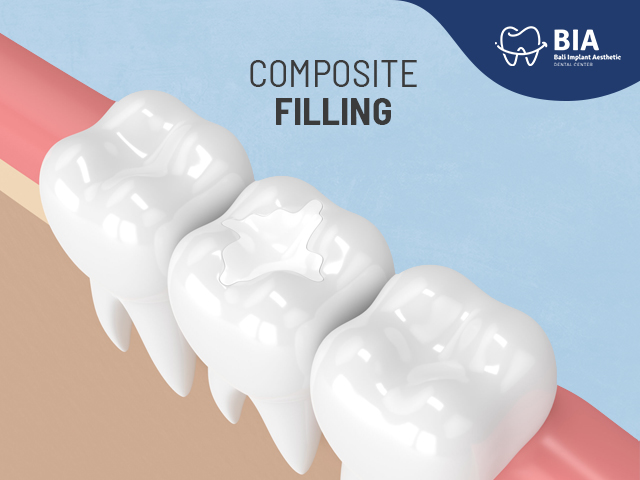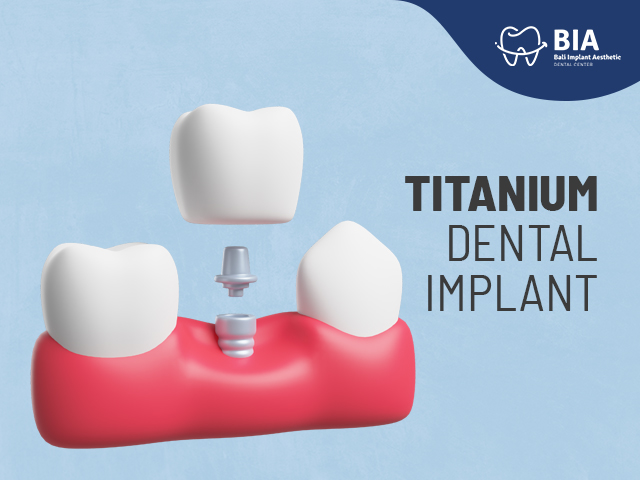The Relationship Between Periodontal Disease and Vitamin D: What You Need to Know
Article | 2025-08-06 02:04:37
Home » Articles » The Relationship Between Periodontal Disease and Vitamin D: What You Need to Know
The Relationship Between Periodontal Disease and Vitamin D: What You Need to Know
In the world of oral health, periodontal disease (gum disease) is one of the most common and serious conditions affecting adults worldwide. While poor oral hygiene is a well-known contributor, emerging research shows that vitamin D deficiency may also play a critical role in the development and progression of periodontal problems. Understanding this connection opens the door to more effective prevention and treatment strategies.
What Is Periodontal Disease?
Periodontal disease is a chronic inflammatory condition that affects the gums and the structures supporting the teeth. It typically begins as gingivitis (gum inflammation), which, if left untreated, can progress into periodontitis—a more severe stage that can lead to bone loss and eventually tooth loss.
Common symptoms include:
Swollen or bleeding gums
Bad breath
Receding gums
Loose teeth
Pain when chewing
The Role of Vitamin D in Oral Health
Vitamin D is essential for maintaining strong bones and a healthy immune system, but its benefits go beyond that. It plays a direct and indirect role in oral and periodontal health through the following mechanisms:
1. Calcium Absorption
Vitamin D helps the body absorb calcium, a key mineral for maintaining strong bones and teeth. Without enough vitamin D, bones—including the jawbone that supports your teeth—can become weak and more prone to damage.
2. Immune Modulation
Vitamin D has anti-inflammatory and immune-regulating properties, which help control the body’s response to bacterial plaque—a primary cause of gum disease.
3. Antimicrobial Action
Vitamin D stimulates the production of antimicrobial peptides in the mouth, such as cathelicidin, which help fight harmful bacteria involved in periodontal infections.
Scientific Evidence Linking Vitamin D and Periodontal Disease
Numerous studies suggest a significant association between low vitamin D levels and increased risk or severity of periodontal disease. Individuals with insufficient vitamin D tend to exhibit:
Higher rates of gum inflammation
Deeper periodontal pockets
Greater bone loss around teeth
Slower healing after dental procedures
A 2020 review published in the Journal of Periodontology found that vitamin D supplementation may help reduce inflammation and improve periodontal healing outcomes—particularly when combined with traditional dental treatments.
Who Is at Risk of Vitamin D Deficiency?
People who are most at risk include:
Older adults
Individuals with darker skin tones
People with limited sun exposure
Those with poor dietary intake
Individuals with gastrointestinal disorders (like celiac or Crohn’s disease)
Since vitamin D is primarily synthesized in the skin through sun exposure, modern indoor lifestyles and frequent sunscreen use can also contribute to deficiency.
How to Support Your Gum Health with Vitamin D
If you're concerned about gum health or at risk of vitamin D deficiency, consider the following steps:
1. Get Your Levels Tested
A simple blood test can measure your 25-hydroxy vitamin D level. Optimal levels typically range between 30–50 ng/mL.
2. Increase Safe Sun Exposure
Spending 10–30 minutes in the sun several times per week can help your body produce sufficient vitamin D, depending on your skin tone and location.
3. Eat Vitamin D-Rich Foods
Include foods like:
Fatty fish (salmon, sardines)
Fortified dairy products and cereals
Egg yolks
Mushrooms exposed to sunlight
4. Consider Supplements
If needed, vitamin D supplements (often D3) can help reach and maintain optimal levels—ideally under guidance from a healthcare provider.
5. Maintain Proper Oral Hygiene
While vitamin D is important, don’t neglect daily brushing, flossing, and routine dental checkups. A holistic approach always yields better results.
Final Thoughts
The connection between periodontal disease and vitamin D highlights how oral health is deeply intertwined with overall wellness. A deficiency in this essential vitamin doesn’t just affect your bones or immune system—it can compromise the health of your gums and teeth as well.
If you're struggling with gum issues or want to prevent periodontal disease, it may be time to evaluate your vitamin D status as part of a comprehensive care plan. Speak with your dentist or healthcare provider about how to optimize your oral and nutritional health—because a healthy smile starts from the inside out.
Take Control of Your Gum Health Today
Your oral health goes beyond just brushing and flossing—nutrients like Vitamin D play a vital role in protecting your gums and teeth from chronic issues like periodontal disease.
At BIA Dental Center, we provide holistic care that combines advanced diagnostics, personalised treatment, and nutritional insight to help you achieve long-term oral health.
Experience complete care at BIA — your one-stop dental solution.
With BIA X-RAY, BIA FARMA, BIA LAB, and BIA Anestesi, everything you need is under one roof.
"One Stop Dental Solution for your teeth"
Our services: BIA X-RAY, BIA FARMA, BIA LAB and BIA Anestesi
Contact Information:
BIA (Bali Implant Aesthetic) Dental Center
Jl. Sunset Road No.168, Seminyak, Badung, Bali Indonesia 80361
+6282139396161




